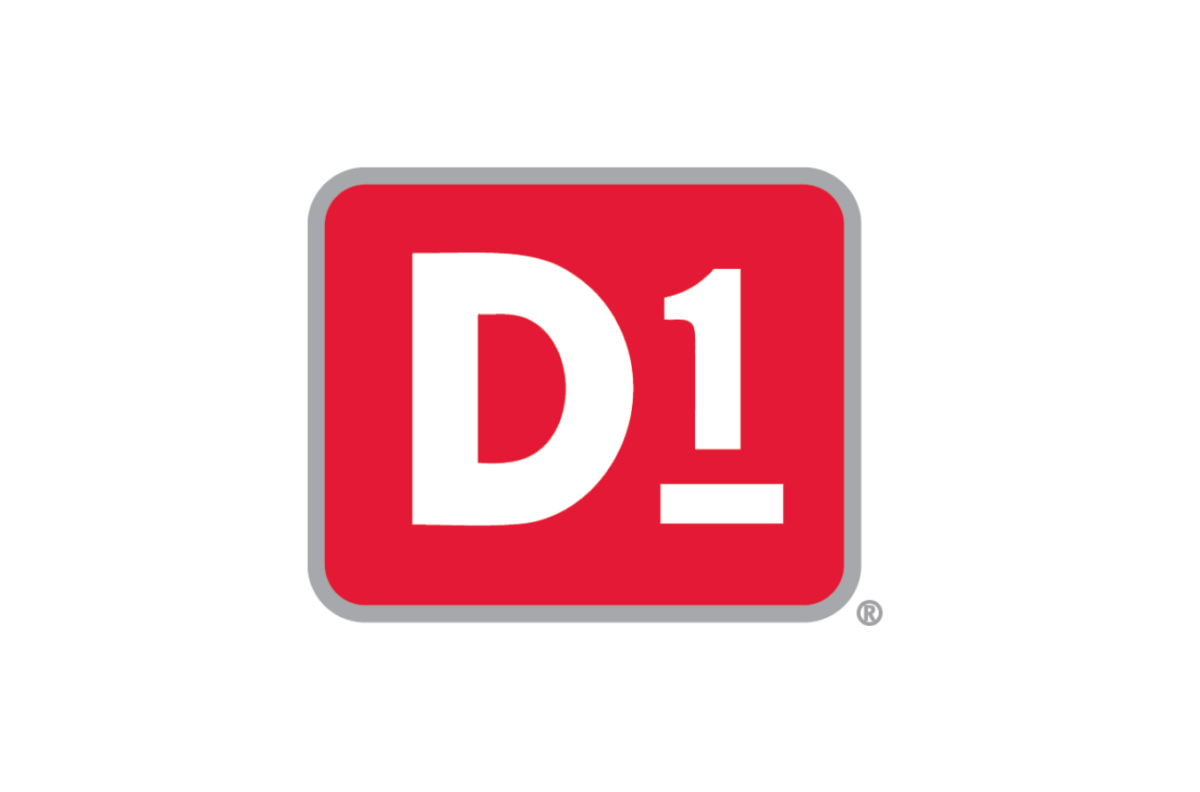In the growing fitness industry, few names stand out as distinctly as D1 Training. Known for its athletic-based approach to fitness and its focus on strength, conditioning, and team-oriented training, D1 Training has become a popular choice for athletes and everyday individuals seeking structured, high-performance workouts. For entrepreneurs interested in entering the fitness market, D1 Training offers a unique franchise opportunity that blends professional-level coaching with a proven business model. However, before joining the brand, it’s important to understand the financial investment required to start a D1 Training franchise in the United States.
The D1 Training Concept
D1 Training was founded on the idea that everyone, regardless of fitness level, can train like an athlete. The franchise focuses on offering results-driven training programs that combine motivation, structure, and community support. Unlike traditional gyms, D1 Training operates as a sports training facility, providing customized programs for youth athletes, adults, and professional players.
The company’s programs are led by certified trainers who follow a scientifically-backed regimen that emphasizes strength, agility, speed, and endurance. This performance-based approach sets D1 apart from most fitness centers that focus solely on general exercise. The brand’s commitment to delivering measurable results and fostering a team environment has contributed to its rapid growth across the country.
Franchise Investment Overview
Starting a D1 Training franchise in the USA requires an investment that generally ranges from $480,557 to $933,432, depending on the location, facility size, and regional costs. This investment covers everything necessary to open and operate a franchise, including the franchise fee, facility build-out, fitness equipment, marketing expenses, and initial working capital.
The total investment varies based on several factors, such as local construction costs, lease agreements, and market demand. Urban and suburban areas with higher population density may require larger facilities and greater initial spending, while smaller markets could operate successfully with a more modest investment. Regardless of the market, the franchise provides owners with access to a well-structured business model and brand recognition that can accelerate growth and profitability.
What the Investment Includes
The total franchise investment covers multiple key areas essential to launching a D1 Training location. One of the largest expenses involves securing and building out the training facility, which must meet brand standards for size and layout. Each D1 location is designed to resemble a professional sports training center, equipped with turf fields, weights, and specialized performance equipment.
The investment also includes the initial franchise fee, which grants franchisees access to D1 Training’s brand, operating systems, and ongoing support. New franchise owners receive extensive training on operations, marketing, and member management. This ensures that even those without a background in fitness can successfully operate a D1 facility.
Additionally, the investment covers initial marketing efforts to attract members and promote the new location. Franchisees receive guidance on local outreach strategies, social media marketing, and membership growth. The franchisor also provides ongoing support in areas such as business management, staffing, and customer retention.
Why Entrepreneurs Choose D1 Training
D1 Training’s appeal lies in its combination of a proven business model and a mission-driven approach. The brand doesn’t just offer a gym membership—it provides a structured training experience led by professional coaches. This focus on community, teamwork, and accountability creates strong customer loyalty and steady membership growth.
Entrepreneurs are drawn to D1 Training because it caters to a wide audience. From young athletes preparing for competitive sports to adults looking to stay in shape, the brand’s diverse training programs appeal to multiple demographics. This allows franchise owners to build a stable and recurring revenue stream from memberships, personal training, and group sessions.
Another advantage is the franchise’s strong support system. D1 Training offers franchisees assistance at every stage of the business—from selecting a location and designing the facility to implementing sales and retention strategies. The brand’s established systems and nationwide recognition also give new owners a head start in building credibility within their communities.
Market Demand and Growth Potential
The fitness industry continues to grow as Americans become more health-conscious and seek specialized training options. D1 Training has positioned itself as a leader in the athletic training niche, appealing to both serious athletes and everyday fitness enthusiasts who prefer structured, coach-led programs over traditional gyms.
With the increasing demand for personalized fitness experiences and performance-based training, D1 Training franchises have strong potential in both urban and suburban markets. The brand’s ability to serve multiple age groups and fitness levels gives franchisees the flexibility to attract a diverse customer base, ensuring steady growth opportunities.
Additionally, D1 Training’s reputation for excellence and its focus on science-based workouts contribute to its success. As the fitness market becomes more competitive, franchises that emphasize quality coaching and measurable results are likely to outperform generic gym models.
Summary
Starting a D1 Training franchise in the USA requires an investment ranging from $480,557 to $933,432, depending on the chosen location and facility setup. While the startup costs are significant, the opportunity offers access to a rapidly expanding fitness brand with a strong reputation and a proven system for success.










